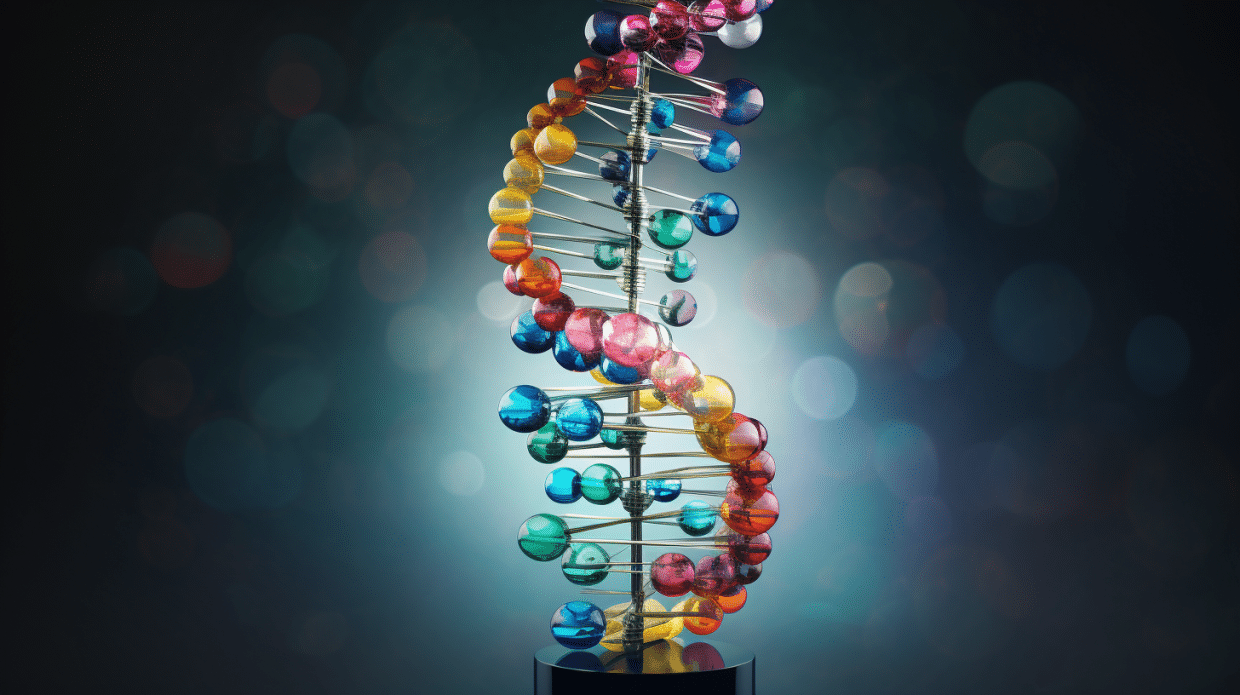Antidepressants for Cancer Treatment via Autophagy Modulation?
Antidepressants could potentially be repurposed as anticancer agents based on emerging evidence showing they can modulate autophagy—a process cancer cells rely on for growth and survival. Key Facts: Many antidepressants like SSRIs and TCAs have demonstrated anticancer effects in lab studies. Their mechanisms involve regulating autophagy, which plays a complex role in cancer development. Specific …










